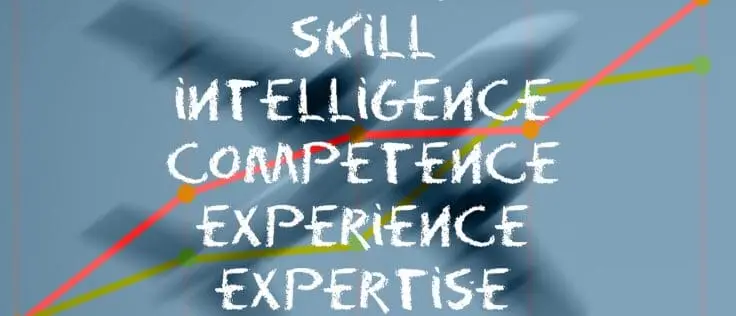A lot of people talk about being ‘born to be an entrepreneur’ or being the ‘perfect fit’ for a specific role. Though that might be true to some extent, you are unlikely to get far without soft skills and hard skills. You might have heard of these. There is a lot of information online comparing soft skills vs. hard skills, and it’s easy to see why. Soft skills and hard skills are a vital part of being successful in the workplace. You are likely to struggle with career development and career growth without these workplace skills.
However, a lot of people focus on one or the other, forgetting that it’s the combination of them both that makes you a force to be reckoned with.
The Differences Between Soft Skills vs. Hard Skills
To truly understand the soft skills vs. hard skills debate, you need to explore the differences between them. You also need to think about how they complement each other in the workplace. It really is the combination of the two that an entrepreneur needs to succeed.
Soft Skills
Soft skills, which are also known as interpersonal skills or people skills, are non-technical skills. They are related to how you interact with others and navigate social situations, rather than the experience and technical side of how well you can do a job. They tend to be more subjective and difficult to quantify. This is because they involve personal qualities, such as communication, teamwork, leadership and problem solving. It’s hard to say how good someone is at communicating or leading a team, whereas it’s a lot easier to say if someone has specific training or experience.
Soft skills are transferable across various roles and industries. They are not limited to a specific sector or job role. For example, effective communication and teamwork are valued in almost any job. Though soft skills are typically developed in a ‘practice makes perfect’ way, some people are naturally more skilled than others. They can be improved over time with conscious effort and a willingness to learn and adapt. But, it’s not always an easy task. Think about it, you can’t become an excellent team leader overnight if you don’t naturally have leadership qualities.
A lot of people make the mistake of assuming that employers are mostly interested in skills, abilities and experience. Otherwise known as hard skills, but this is not the case. Soft skills are highly valued by employers and play a crucial role in effective teamwork, leadership, customer service and career success.
Hard Skills
Unlike soft skills, hard skills are specific to a job or industry. They are skills that can be measured, quantified and taught. A lot of them are technical. They are typically gained through education, training or experience. Hard skills are objective, unlike soft skills which are subjective, and easier to measure. This is because they involve specific knowledge, techniques, tools or procedures related to a particular job or industry.
Examples of hard skills include marketing, financial analysis, project management, website design, building, product development, handcrafting items or speaking a foreign language. Though some hard skills can be transferable, the majority of them are only useful within a specific industry. This is different from soft skills, which are all useful capabilities to have regardless of your job.
Whereas soft skills are beneficial to your overall career success, hard skills are beneficial for completing specific tasks within a job. They are typically the primary qualifications employers look for in candidates during the recruitment process. A lot of the time, hard skills are the reason your career progresses and you are offered promotions..
The Soft Skills and Hard Skills Every Entrepreneur Needs
There is a lot that goes into being a successful entrepreneur, but soft skills and hard skills really are the backbone of business. Effective communication skills are vital for conveying your vision as a business owner or leader. You need to be able to share ideas and instructions with employees, investors and customers. Leadership is also hugely important. You need to be able to inspire, motivate and guide your team in the right decision. Leadership skills include decision making, delegation, conflict resolution and the ability to create a positive work culture.
There’s a lot of uncertainty when you’re an entrepreneur. So, adaptability and flexibility is key. You need to have the ability to adapt to new circumstances, embrace innovation, and learn from your mistakes. One soft skill that’s often overlooked is emotional intelligence. Understanding and managing your emotions, as well as recognising and empathising with others’ emotions, helps build relationships and it creates a supportive work environment.
As well as these soft skills, you also need hard skills. This includes financial management skills, such as being able to understand financial statements, budgeting and cash flow. You also need to sell and market your business. This is centred on acquiring customers and generating revenue, both of which require hard skills in sales strategies, marketing and branding.
Entrepreneurs need to think critically, analyse market trends, identify growth opportunities and develop effective strategies to stay competitive. These are not skills that you will naturally have. These are hard skills that you can hone during your time as an entrepreneur. The ability to plan, organise and execute projects efficiently helps you to meet deadlines and manage teams. Without this, it’s extremely difficult to achieve business success.
What soft skills and hard skills do you think are the most important? Get in touch and share your thoughts.






